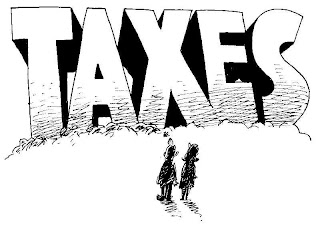The holidays have come and gone, and hopefully you’ve gotten to enjoy the things that truly matter. You’ve gotten some time with your friends and family; you’ve gotten some much-needed rest off from work or school; and you’ve gotten to catch up on the sleep you’ve been missing.
Those are the things with a lasting impact during the holidays, but people also make a big deal of the shopping that comes with them. For stores looking to unload their merchandise, it isn’t enough to have big sales leading up to the holidays. Instead, when the holidays pass, they continue with the steep discounts to get rid of the inventory they still haven’t moved. It’s all one big cycle, but it’s one out of which you can make the most if you come prepared.
Here are some tips for smart shopping after the holiday season:

























